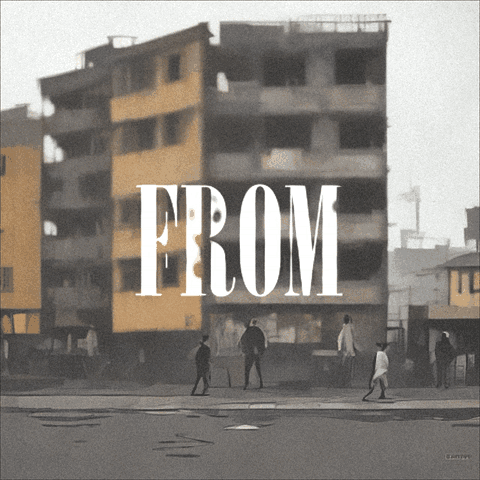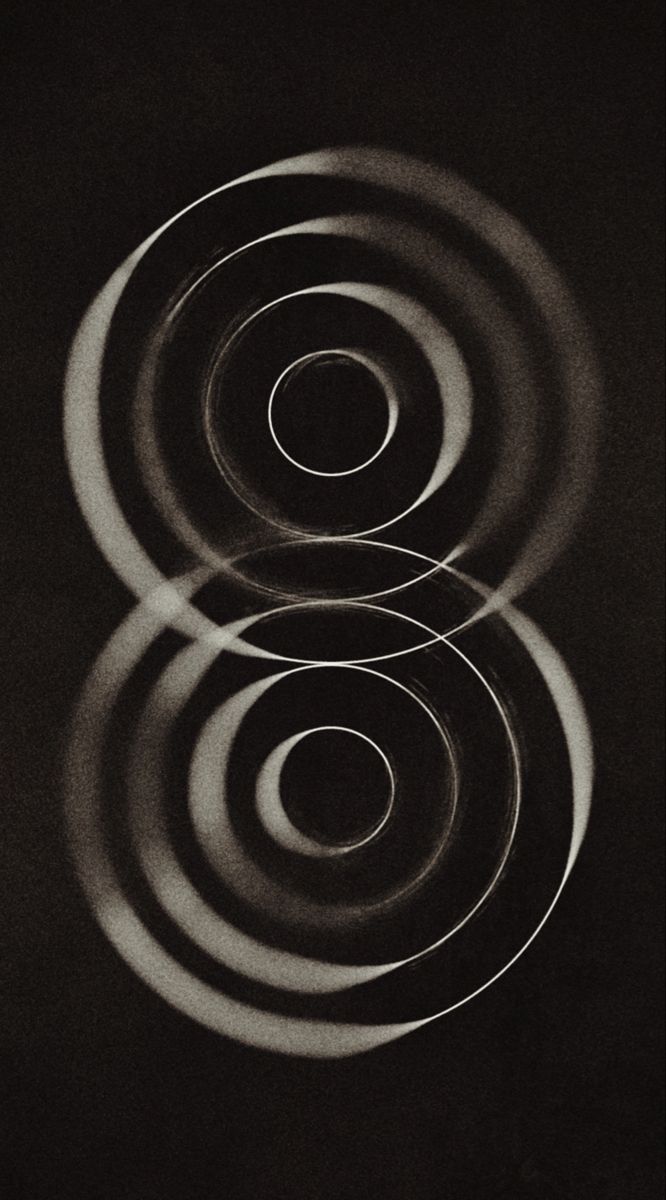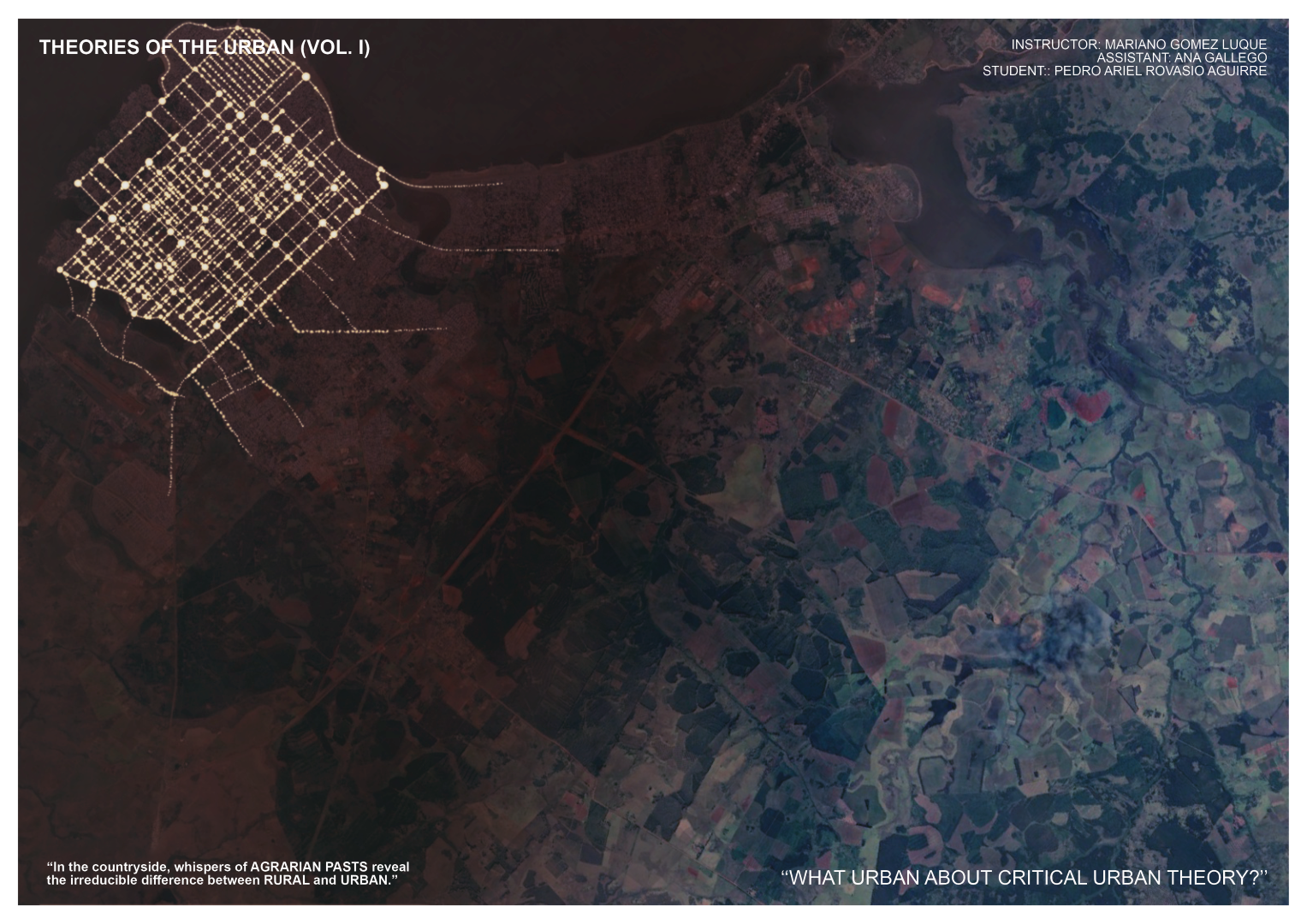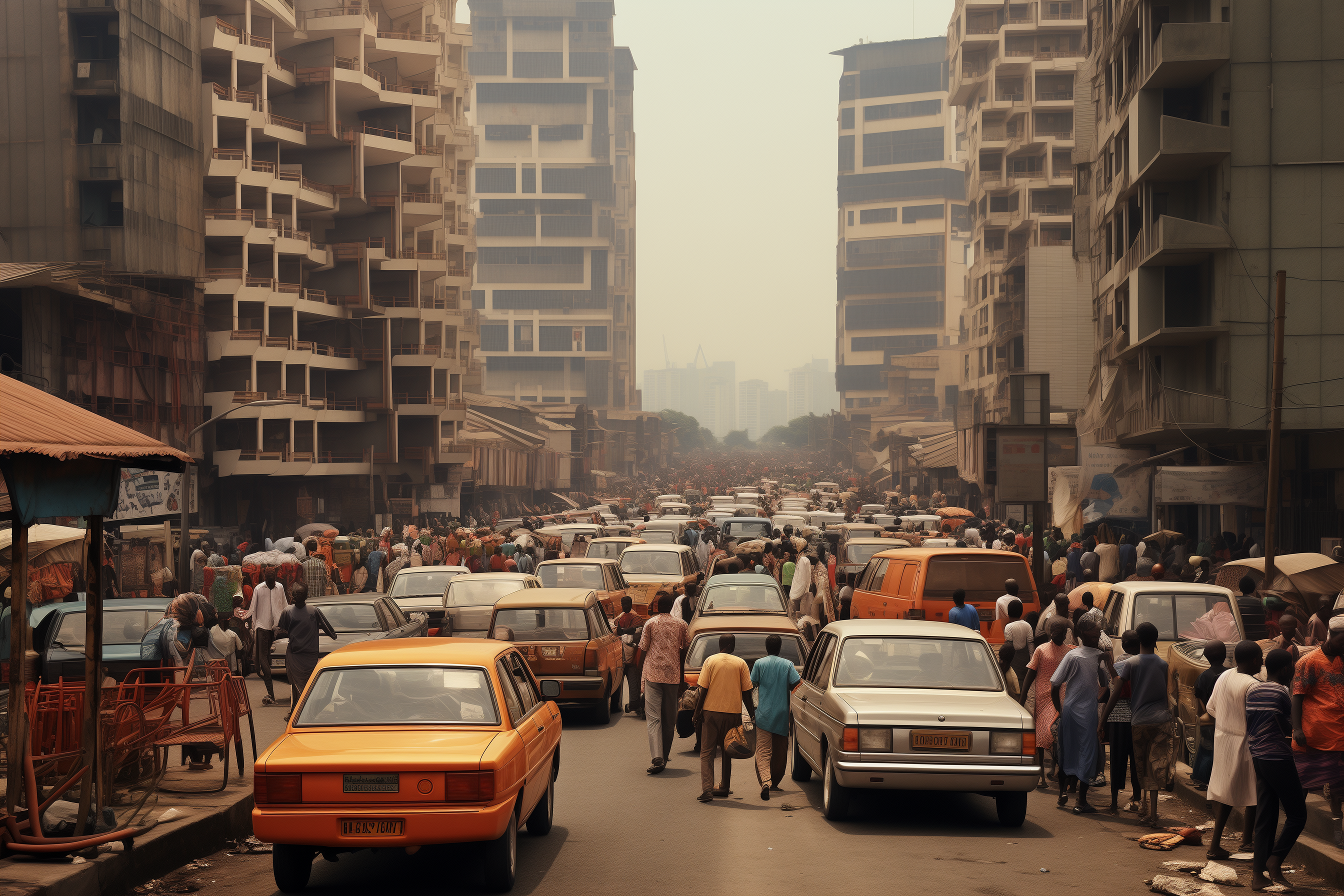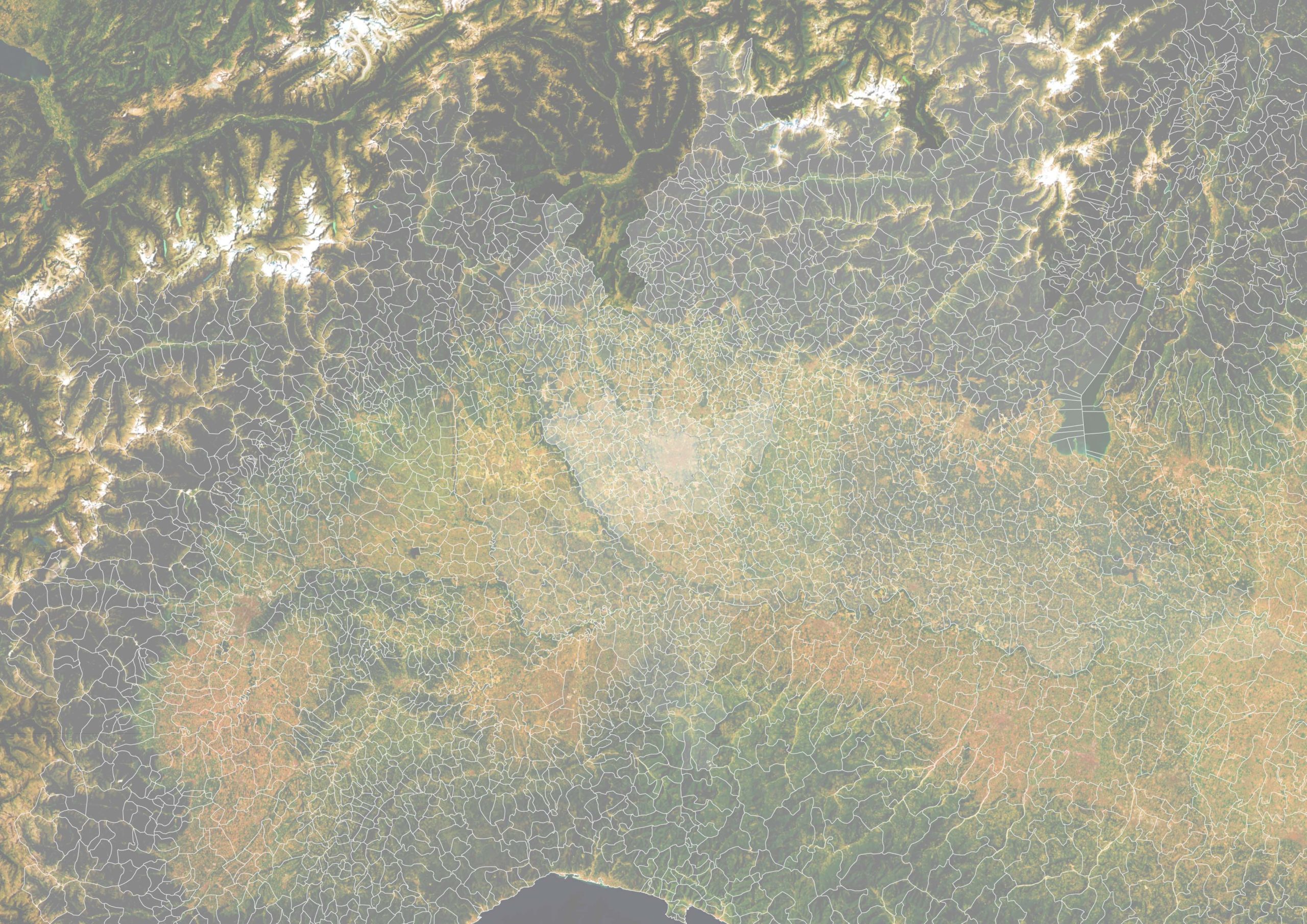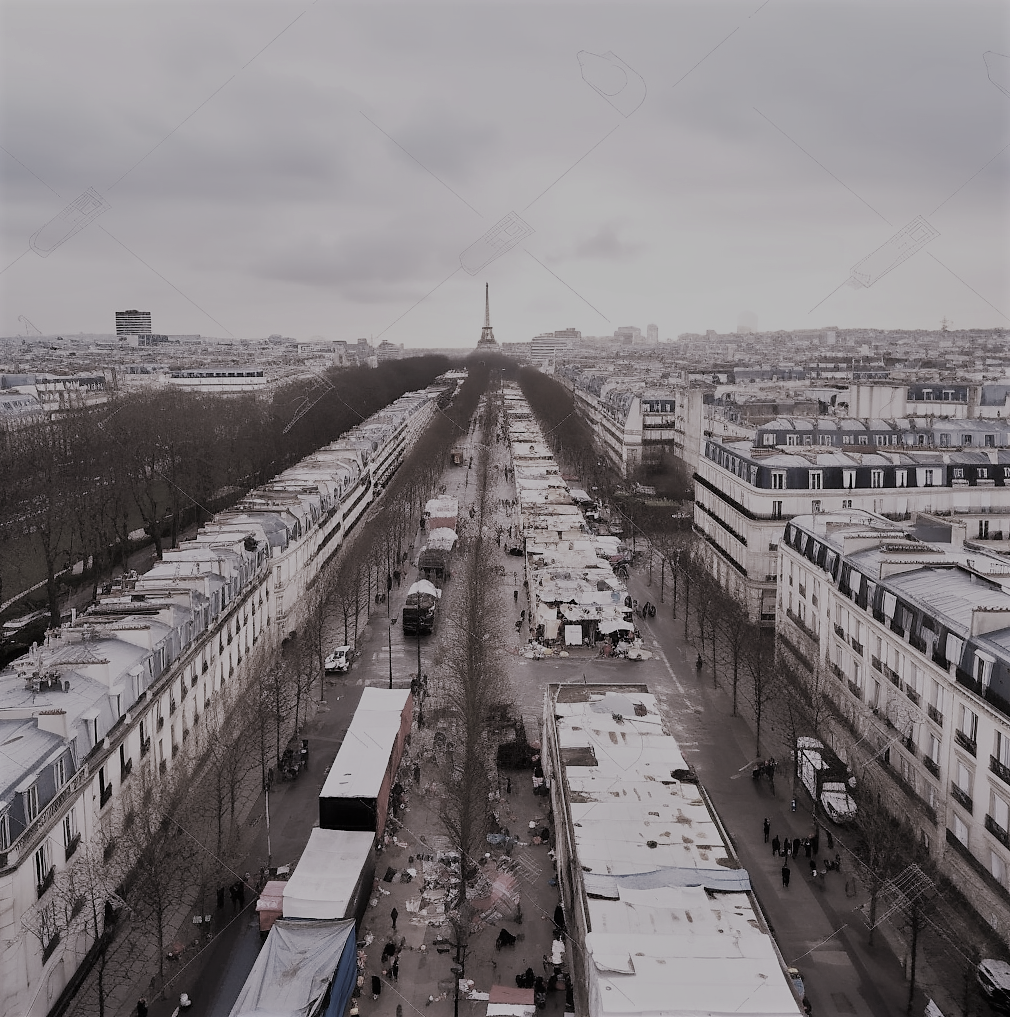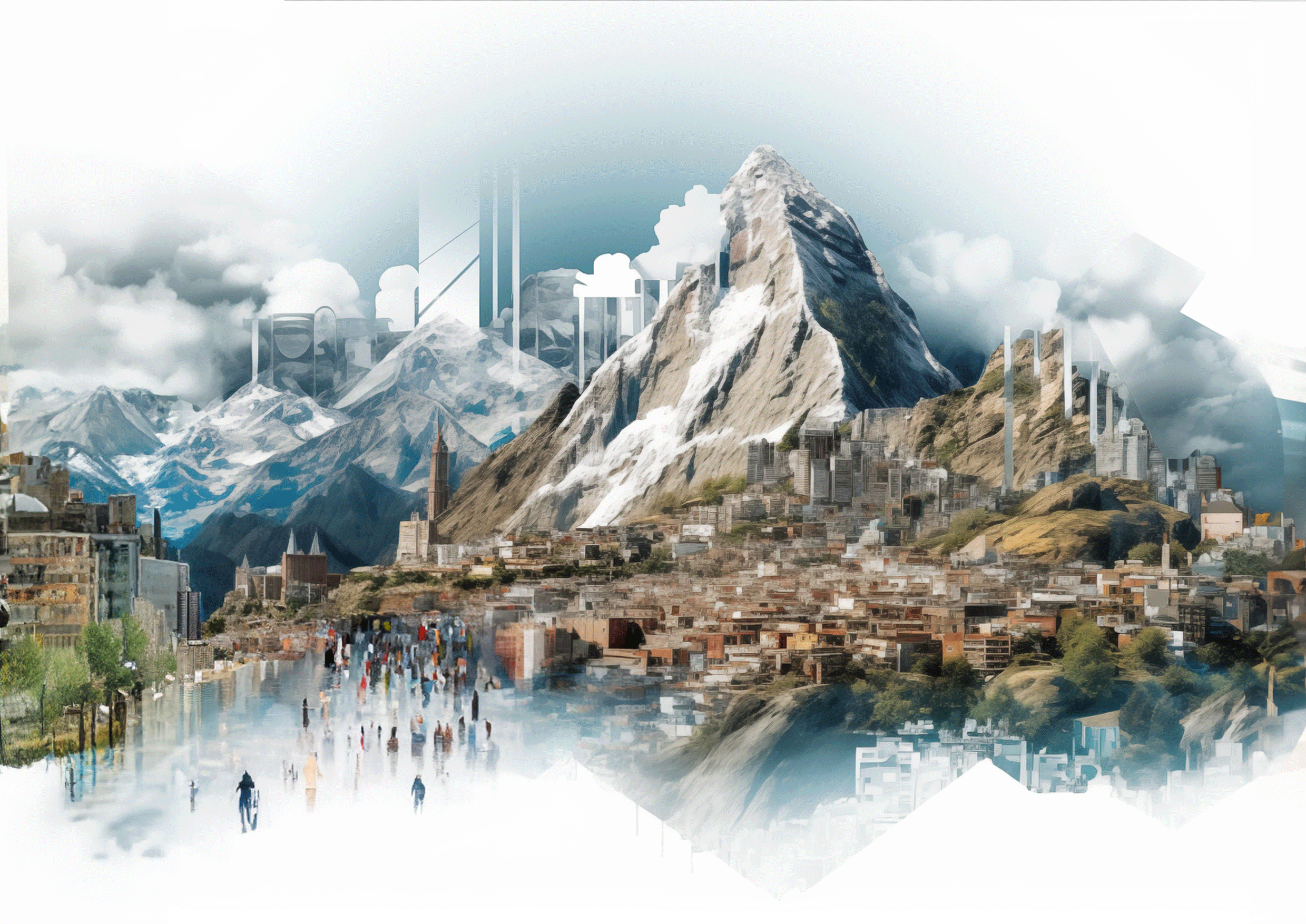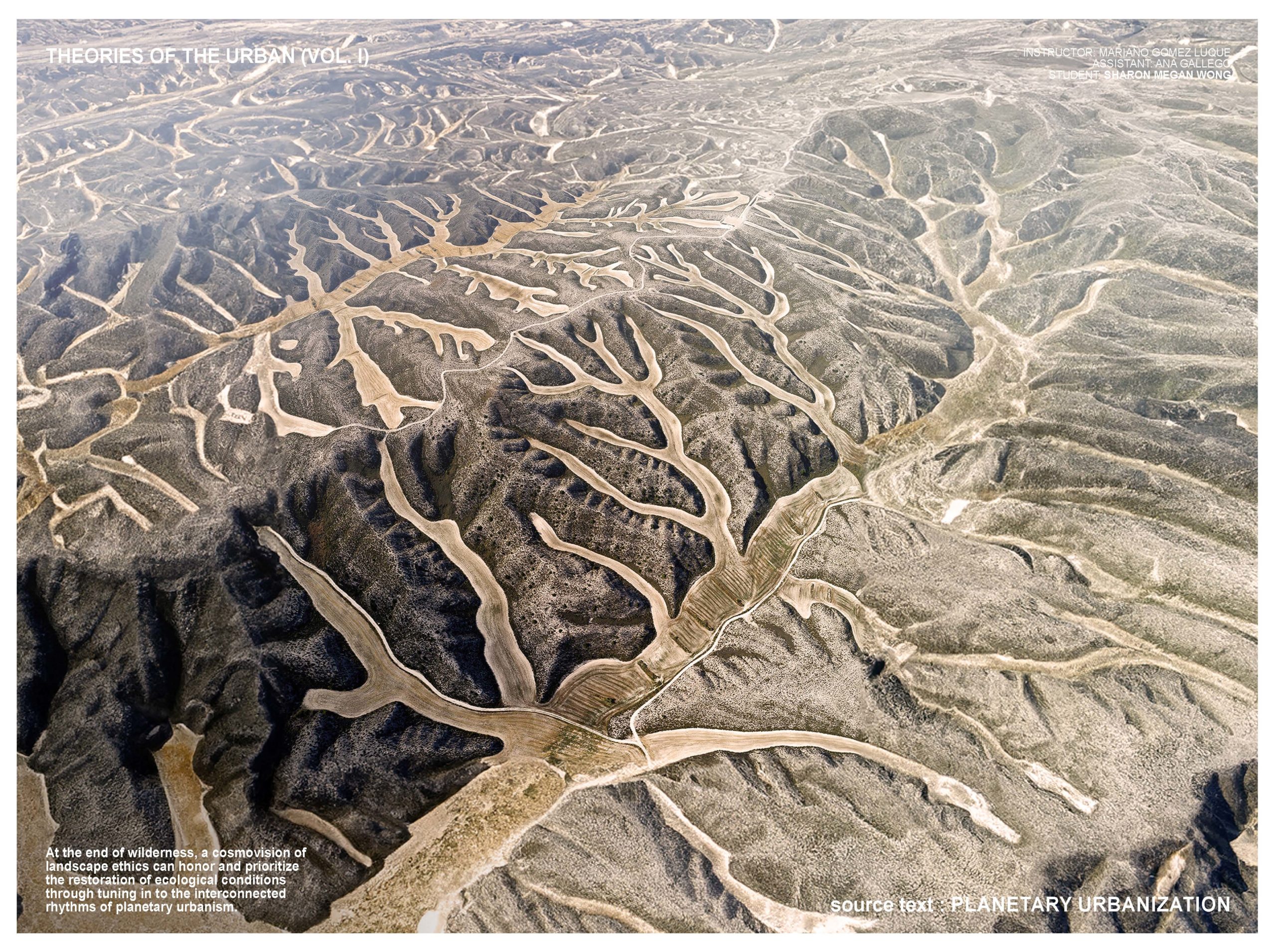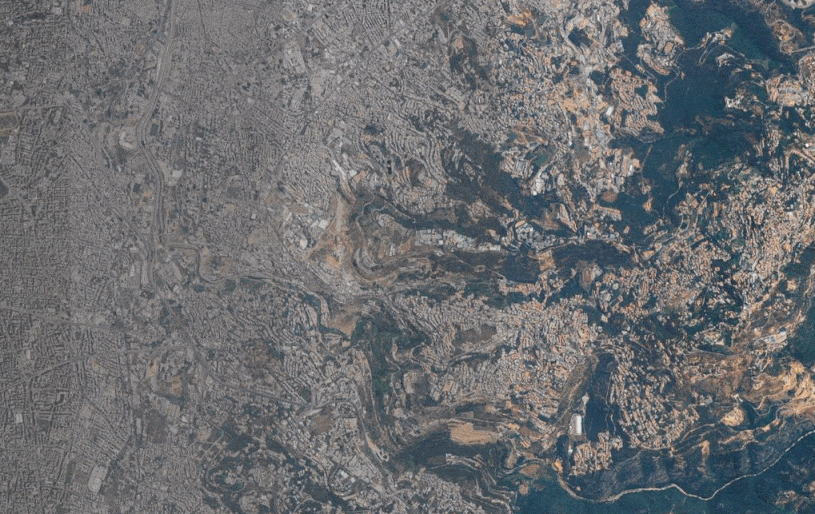From Survival to Spectacle: Grassroots Urbanism or Systemic Neglect
“Urban organic growth as a symptom of capitalist contradictions, examining alienation, inequality, and deindustrialization. It explores the uneven valorization of grassroots urbanism and the systemic forces shaping unplanned urban development.” URBAN ORGANIC GROWTH reflects the contradictions of capitalist urbanization, where unplanned development arises// as both a necessity and a response to ALIENATION, SYSTEMATIC INEQUALITY and … Read more

